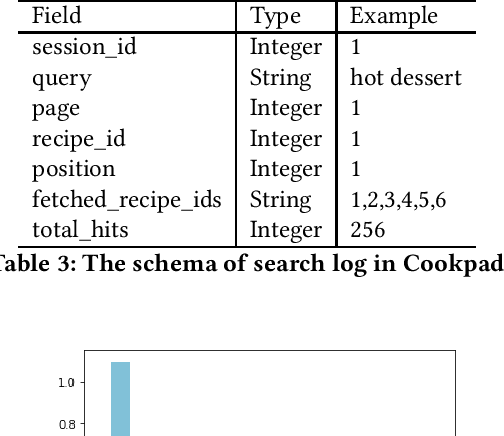Luis M. Vaquero
Non-Linear Multiple Field Interactions Neural Document Ranking
Nov 18, 2020



Abstract:Ranking tasks are usually based on the text of the main body of the page and the actions (clicks) of users on the page. There are other elements that could be leveraged to better contextualise the ranking experience (e.g. text in other fields, query made by the user, images, etc). We present one of the first in-depth analyses of field interaction for multiple field ranking in two separate datasets. While some works have taken advantage of full document structure, some aspects remain unexplored. In this work we build on previous analyses to show how query-field interactions, non-linear field interactions, and the architecture of the underlying neural model affect performance.
Auto-tuning Distributed Stream Processing Systems using Reinforcement Learning
Sep 14, 2018



Abstract:Fine tuning distributed systems is considered to be a craftsmanship, relying on intuition and experience. This becomes even more challenging when the systems need to react in near real time, as streaming engines have to do to maintain pre-agreed service quality metrics. In this article, we present an automated approach that builds on a combination of supervised and reinforcement learning methods to recommend the most appropriate lever configurations based on previous load. With this, streaming engines can be automatically tuned without requiring a human to determine the right way and proper time to deploy them. This opens the door to new configurations that are not being applied today since the complexity of managing these systems has surpassed the abilities of human experts. We show how reinforcement learning systems can find substantially better configurations in less time than their human counterparts and adapt to changing workloads.
 Add to Chrome
Add to Chrome Add to Firefox
Add to Firefox Add to Edge
Add to Edge